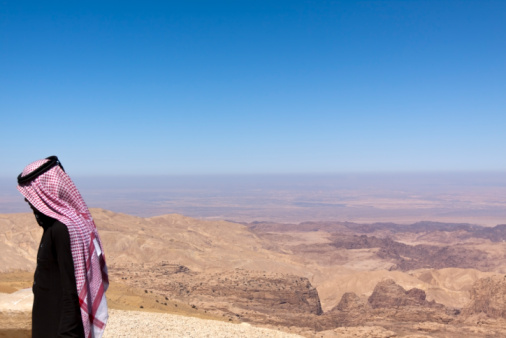Energy
Saudi Arabia Tapping Wealth Fund to Maintain Low Oil Prices
Published:
Last Updated:

The Saudis nicked their savings account to the tune of $36 billion in the past two months as the country’s new king has had to increase both withdrawals and borrowing to meet the kingdom’s public-sector salaries and large development projects, according to a report in the Financial Times.
One analyst firm has said that crude oil output from OPEC countries in April rose by 125,000 barrels a day month-over-month to 30.9 million barrels a day, with most of the increase due to higher Saudi production. OPEC production averaged 1.2 million barrels a day more, compared with the two-month March-April period in 2014.
And that level of production is not expected to drop as the Saudis continue to preserve their market share by boosting production and lowering prices in an effort to stem U.S. production. The eventual outcome remains in doubt, of course, but it is difficult to ignore a combatant with a war chest of nearly $700 billion.
But it is still early innings in the latest oil game. Spot prices have risen by about $20 a barrel, while futures prices are up only about $4 to $5 a barrel. Why spot prices are rising when supply is also rising has more to do with geopolitics than oil demand and supply. The forward curve is flattening out, and prices out to 2017 remain in a range of around $70 to $75 a barrel for Brent crude oil. The current December 2017 price for West Texas Intermediate (WTI) is $65.70.
At that level, all things equal, most North American production would at least break even. If technology improves in the next year or so, that level would generate a modest profit. And if prices for Brent crude do in fact hover around $75 a barrel, global demand for crude likely will increase.
However, if Brent rises much above that level, production that has been restrained will be turned loose and the price will fall again. If Brent cannot sustain a price of around $75, producers will be forced to reduce capital spending and demand is likely to rise too much, too fast.
The Saudis’ impact on the futures price depends to a large extent on how high a price they are willing to pay to maintain market share. We could be about to enter the third inning of what promises to be a long game.
ALSO READ: Countries That Hate America Most
Credit card companies are pulling out all the stops, with the issuers are offering insane travel rewards and perks.
We’re talking huge sign-up bonuses, points on every purchase, and benefits like lounge access, travel credits, and free hotel nights. For travelers, these rewards can add up to thousands of dollars in flights, upgrades, and luxury experiences every year.
It’s like getting paid to travel — and it’s available to qualified borrowers who know where to look.
We’ve rounded up some of the best travel credit cards on the market. Click here to see the list. Don’t miss these offers — they won’t be this good forever.
Thank you for reading! Have some feedback for us?
Contact the 24/7 Wall St. editorial team.